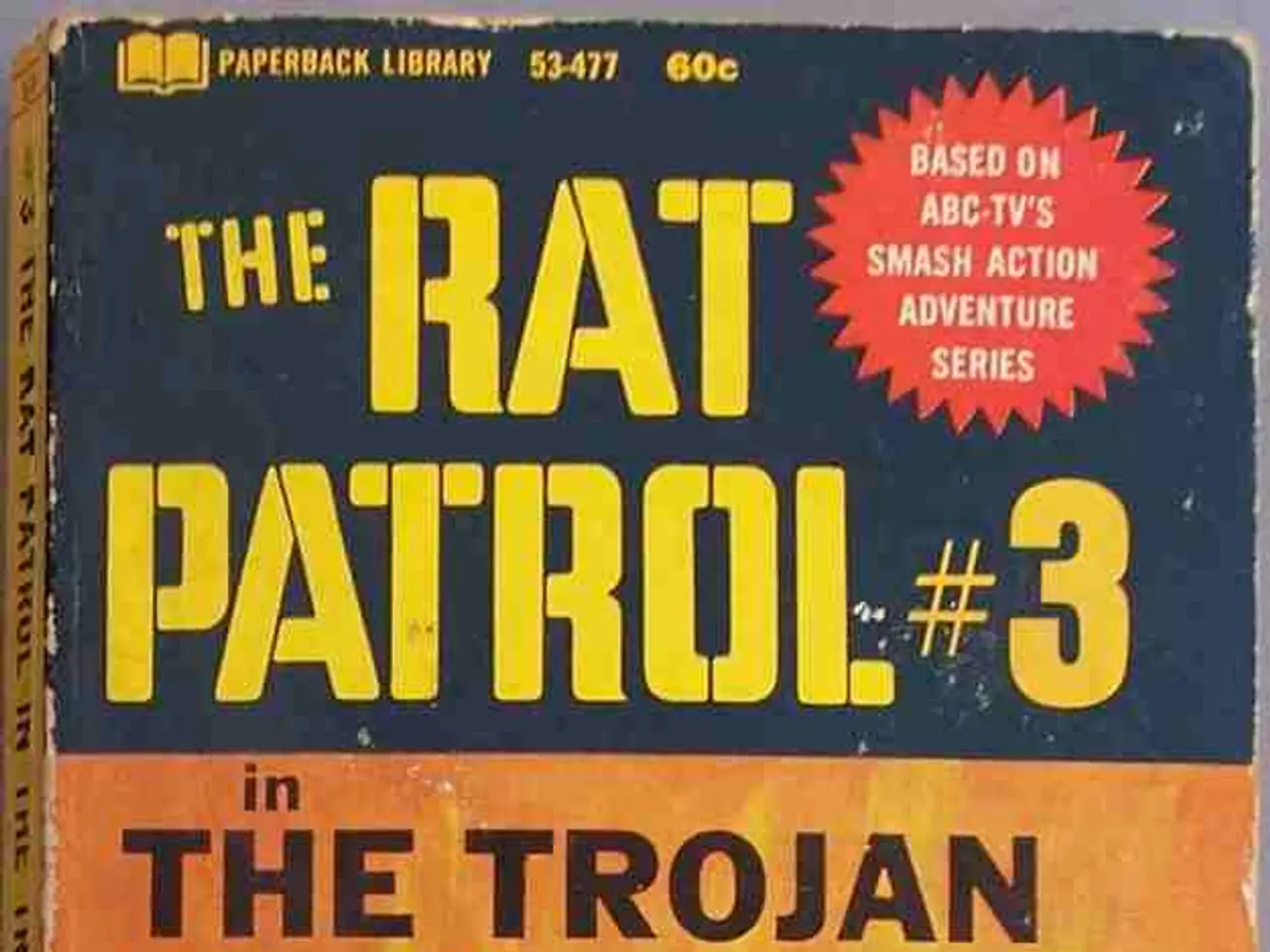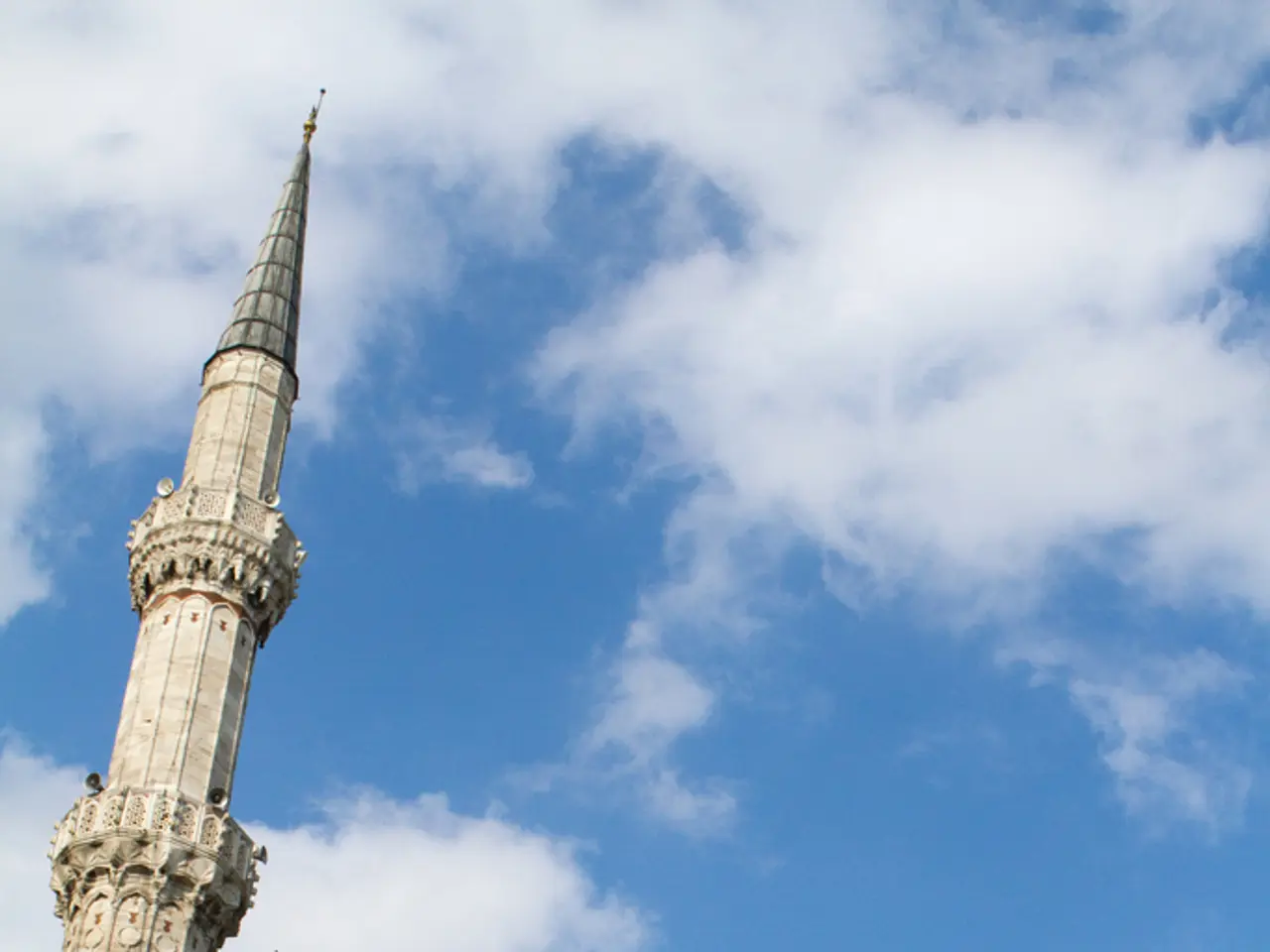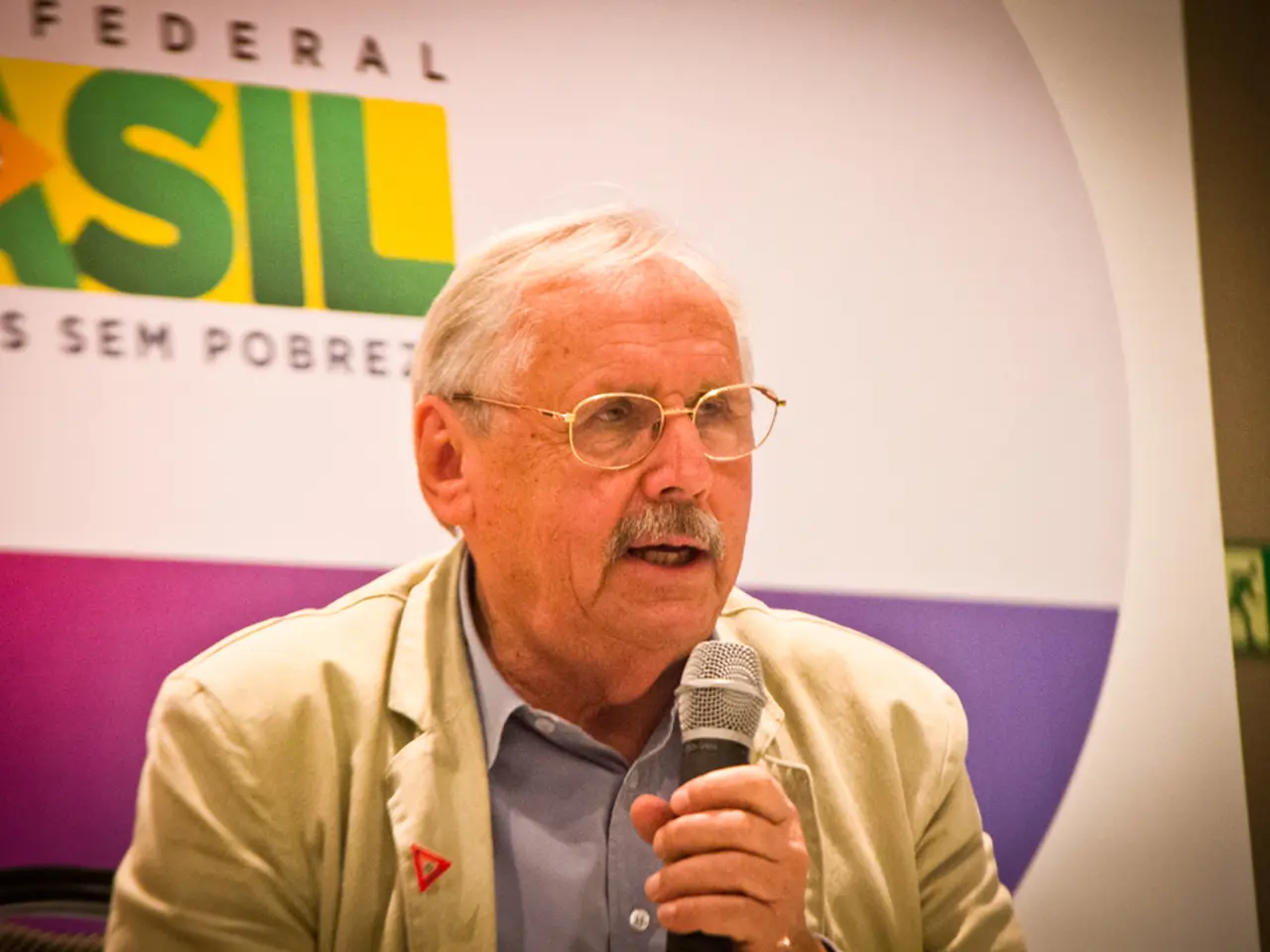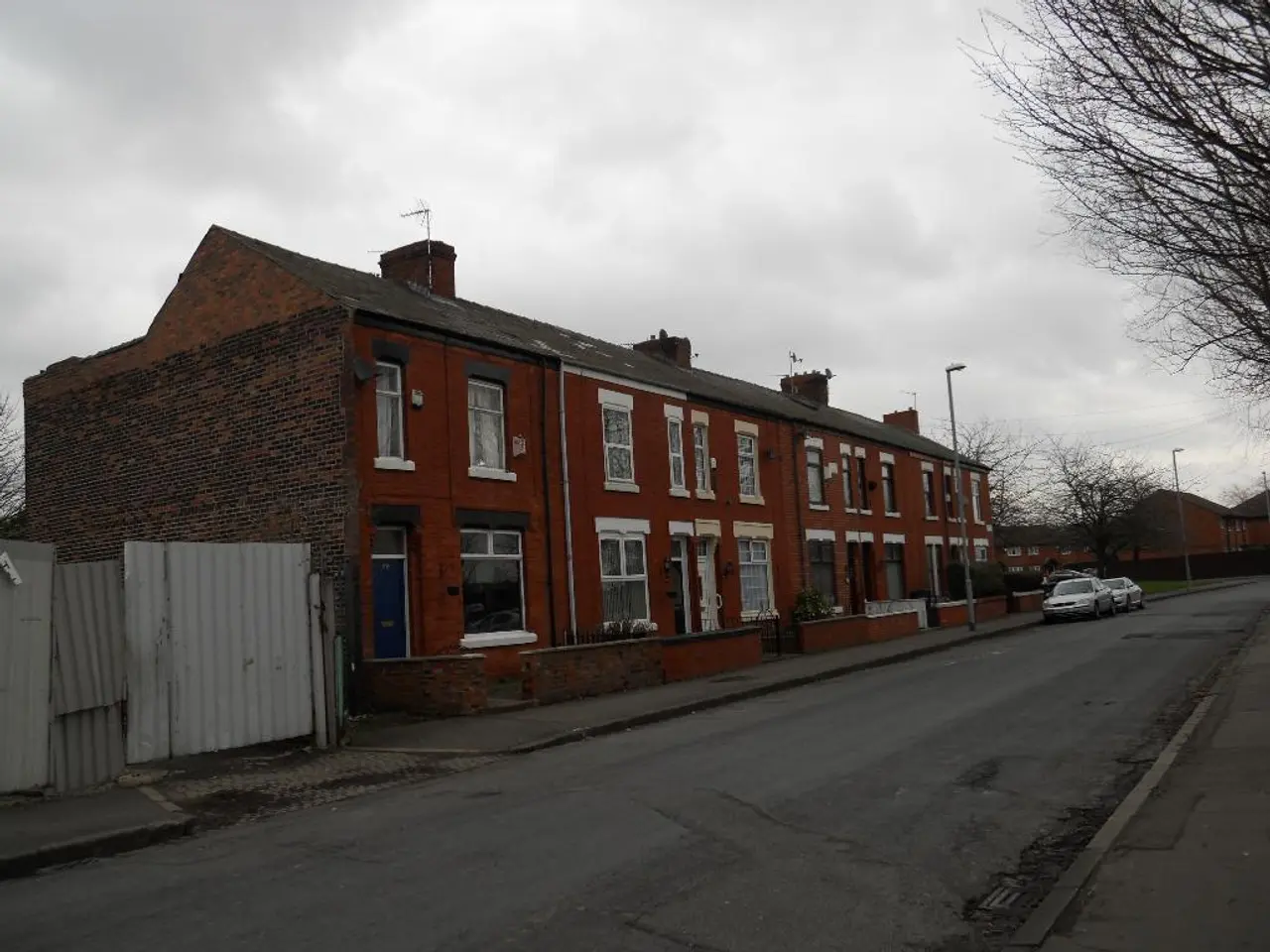Mahmud Chalil, Pro-Palestine Activist, Released From U.S. Detention
Activist Machmud Chalil, a supporter of Palestinian causes, has been released from detention.
In a surprising turn of events, a U.S. judge has ordered the Trump administration to release Mahmud Chalil, a pro-Palestinian activist and student who's been detained since March. The judge deemed the government's continued detention of Chalil as "very, very, very unusual." The remaining charges against him don't justify his incarceration.
Chalil is now free to return to New York while his deportation case continues, following his bail payment. He's since left the detention center in Jena, Louisiana, sporting a Palestinian keffiyeh, as seen on television.
"After more than three months, we can finally breathe a sigh of relief knowing that Mahmoud is on his way home," said his wife, U.S. citizen Noor Abdalla. Although the ruling doesn't compensate for the injustices inflicted on their family by the Trump administration, she added. Abdalla had to give birth to their son in New York without her husband in April, as ICE refused to temporarily release Chalil for the delivery.
Chalil, an Algerian born in New York, was one of the most active protesters against the Gaza war at Columbia University. The U.S. government accuses him of distributing flyers with the logo of the Islamic militant group Hamas on campus. His lawyers refute the allegations. In early March, ICE agents arrested Chalil at his home despite having a permanent U.S. residence permit and being married to a U.S. citizen. He was then transferred to an immigration detention center in southern Louisiana.
The McCarthy-Era Law and Deportation of Activists
The case has sparked controversy in the U.S. for months, marking the first known arrest of a pro-Palestinian activist during Trump's presidency - with more following. U.S. Senator Marco Rubio points to a law passed during the McCarthy era, which allows for the deportation of foreigners opposed to U.S. policy. Rubio argues that freedom of speech protections in the U.S. Constitution do not apply to foreigners. However, the court deemed this practice likely unconstitutional.
As the administration is likely to appeal the decision, it remains questionable whether they will present new justifications for Chalil's detention. The McCarthy-era law used to deport Chalil originates from the Immigration and Nationality Act (INA) of 1952, also known as the McCarran-Walter Act. This law formalized various immigration provisions and established the framework of U.S. immigration law still in use today. The historical used of this law during the McCarthy era's anti-communist purges targeted individuals based on political beliefs, setting a precedent for the contemporary situation, where activism related to Palestine is considered a security or ideological risk warranting deportation. The INA grants the government near-absolute authority to exclude or remove non-citizens, stripping them of due process protections in deportation proceedings, a principle upheld by Supreme Court cases since the late 19th century.
- USA
- Politics
- Palestinians
- Migration
- Justice
- Immigration Law
- McCarthy-Era Law
[Sources: 1, 2, 3]
- The controversy surrounding Mahmud Chalil's detention has brought this issue to the forefront of general-news, as it highlights thepossible application of the McCarthy-era law, which allows the deportation of foreigners opposing U.S. policy, in the context of current politics and migration.
- Employment policy within the U.S. Immigration and Nationality Act (INA) of 1952, also known as the McCarran-Walter Act, gives the government near-absolute authority to exclude or remove non-citizens, a power that has been employed in various cases, such as the detention of Palestine activists like Mahmud Chalil, viewed as a security or ideological risk.








